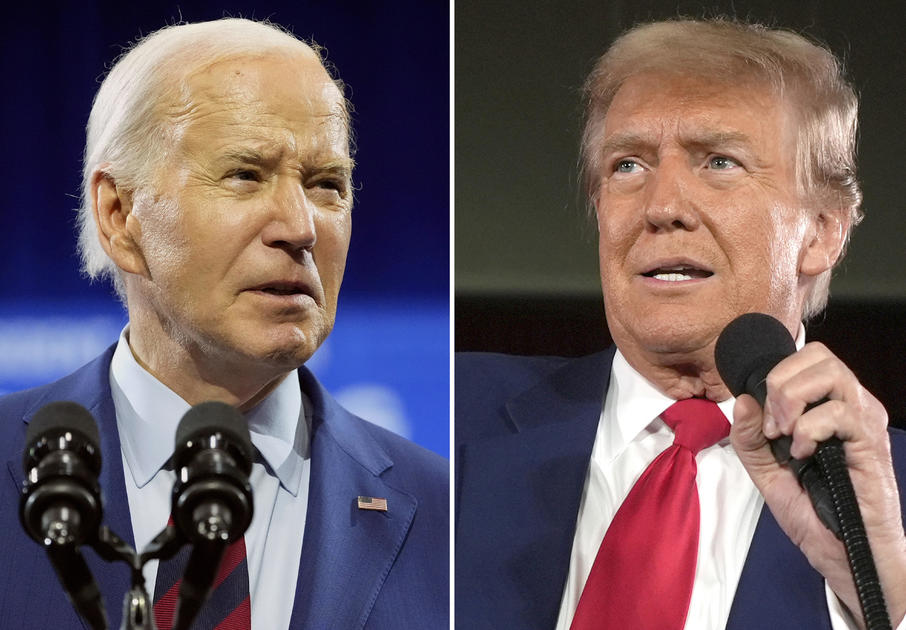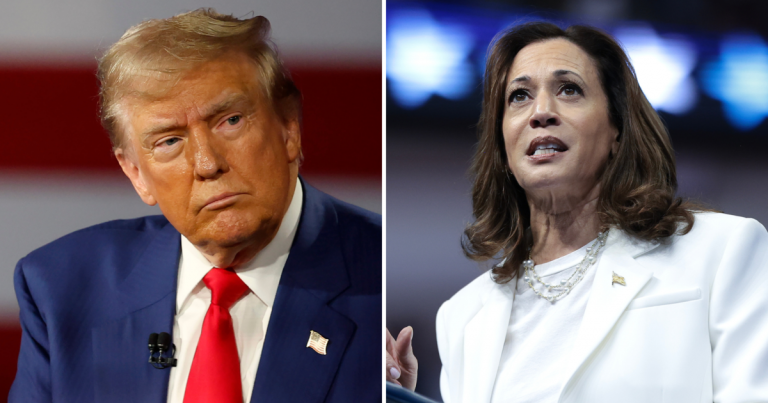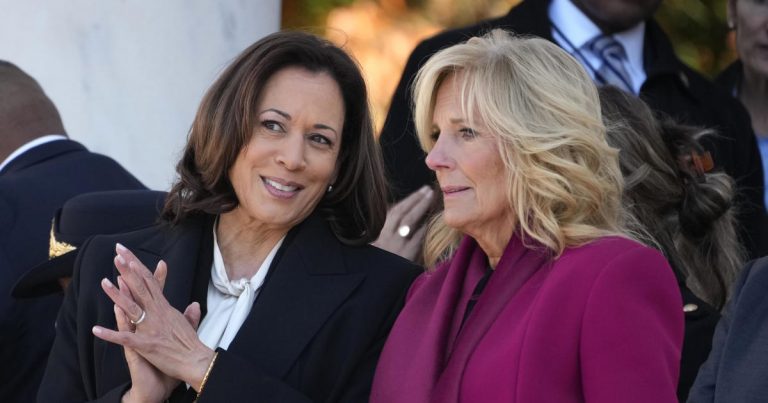Trump and Biden are tied in national and battleground polls, says CBS News.
As the upcoming election draws near, the focus of voters seems to center around critical issues such as the economy, inflation, and border policies rather than former President Donald Trump’s guilty verdict. Despite this, the verdict has not significantly impacted the current state of the race.
One noticeable trend is the increasing number of Joe Biden voters motivated primarily by their opposition to Trump rather than genuine support for Biden himself. This anti-Trump sentiment among Biden supporters has grown since March, with most voters citing this as their main reason for backing Mr. Biden.
Whether this anti-Trump sentiment will be enough to sustain Biden’s campaign remains a significant question in this closely contested race. Currently, voter preferences are evenly split between the two candidates on a national level and across battleground states.
Regarding Trump’s supporters, the guilty verdict seems to have had little effect on their voting decisions. While a few see it as a reason to show support for Trump, others back him despite the verdict. The majority view Trump’s conviction as a non-factor in their decision-making, ranking far lower in priority compared to other issues.
One interesting development is the shift in voter rationale, with more of Biden’s supporters now driven by their opposition to Trump rather than positive feelings towards Biden. This dynamic reflects the ongoing divide between voters who see this election as a referendum on Trump or a choice between the two candidates.
In direct comparisons, Trump currently holds an advantage over Biden in qualities such as effectiveness, toughness, and vision for the country’s direction. While Biden fares better in terms of personal likability and compassion, these qualities do not necessarily translate to vote preferences, as some who dislike Trump personally still choose to vote for him.
Trump’s base remains largely insulated after the trial, with many viewing the charges as politically motivated rather than serious offenses. A significant portion of Republicans believe that the prosecution in New York was orchestrated by the Biden administration, leading to calls for Trump to pursue revenge against political opponents if elected.
When it comes to the border and immigration, Trump maintains strong support among voters who prioritize these issues, despite broad approval for Biden’s executive orders. There is a belief among voters that migrant crossings would decrease more under Trump’s leadership.
Trump’s stance on immigration, including deportation efforts, resonates with a majority of voters who favor a new government program to deport undocumented immigrants living in the U.S. illegally. Additionally, a significant number support the idea of local law enforcement identifying such individuals and setting up government detention centers for deportation decisions.
On economic issues, negative views of the economy and concerns about inflation have driven more support towards Trump, particularly among those who perceive higher prices as a hardship. Trump leads significantly among voters who prioritize the economy as a major factor in their voting decision.
While Mr. Biden has seen slight increases in support from key demographics such as women and Black voters since March, he still faces challenges in certain voter groups. Hispanics, in particular, show a preference for Trump in terms of perceived financial benefits.
Trump continues to garner strong support from White voters without a college degree, older voters, and the Republican base. Despite initial speculation about an “anti-Trump” vote in GOP primaries, support for Trump remains high among Republican voters.
In battleground states, the patterns of voter preferences mirror the national trends. Republicans hold a turnout advantage nationally, which benefits Trump, while Democrats and Republicans in battleground states are equally likely to indicate their intention to vote.
Overall, the upcoming election presents a closely contested race where key issues such as the economy, immigration, and opposition to Trump play pivotal roles in shaping voter preferences.
*This CBS News/YouGov survey was conducted with a nationally representative sample of 2,063 U.S. adult residents interviewed between June 5-7, 2024. The data includes an oversample in select battleground states, with the sample weighted by demographic factors for accuracy. The margin of error is ±3.2 points among all adults and ±3.8 points among registered voters.*








